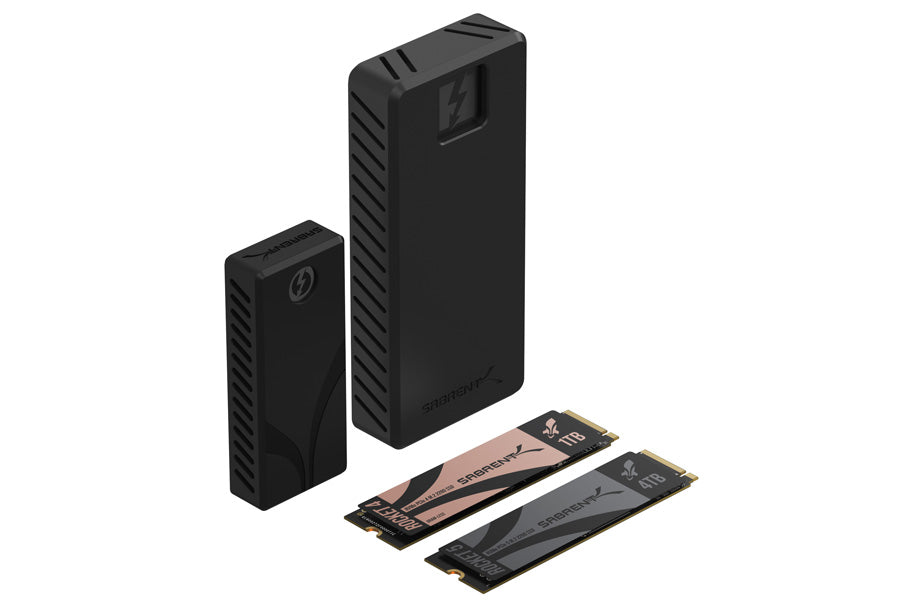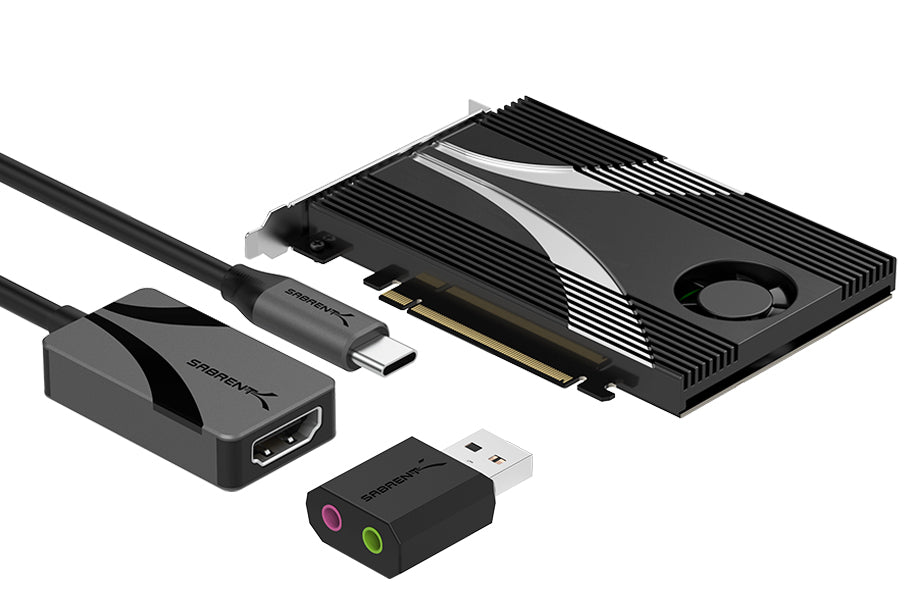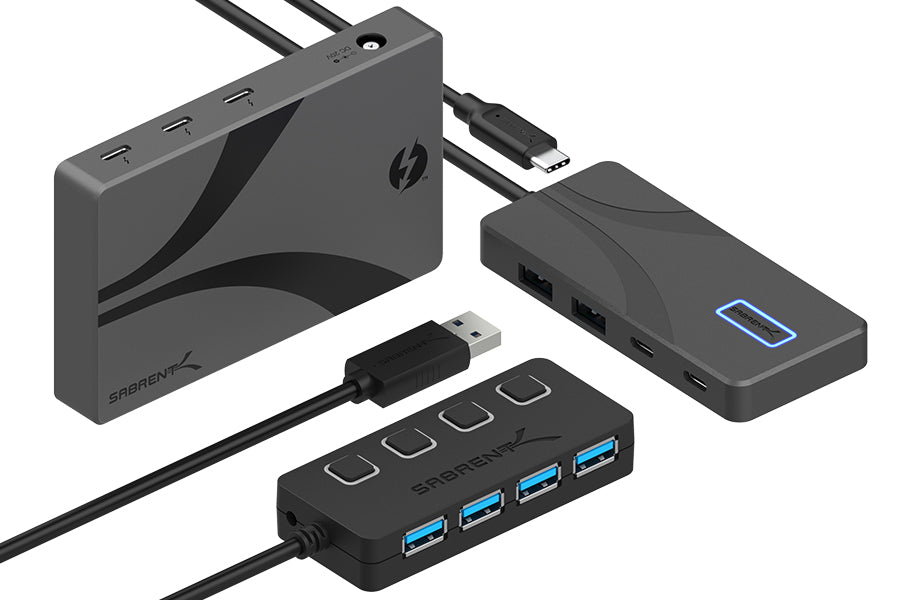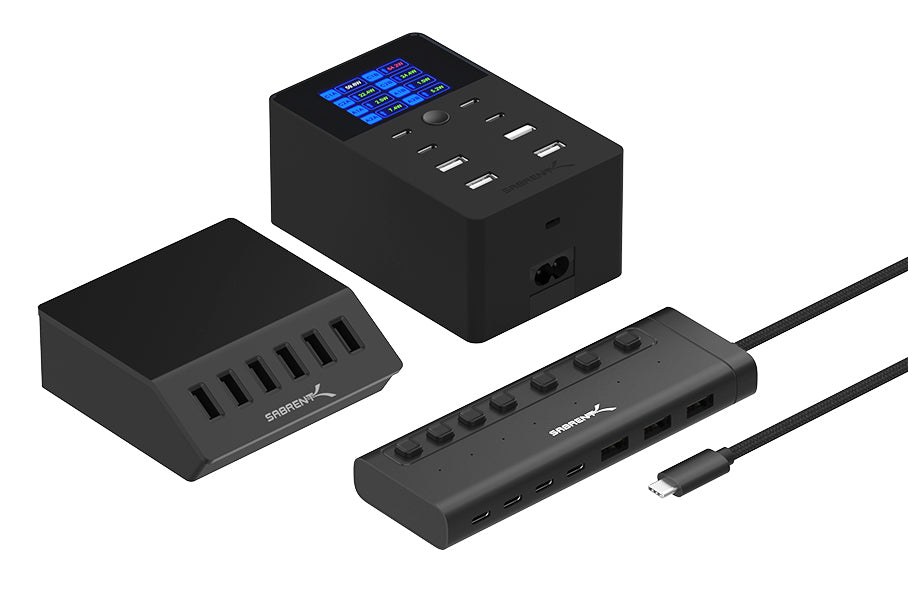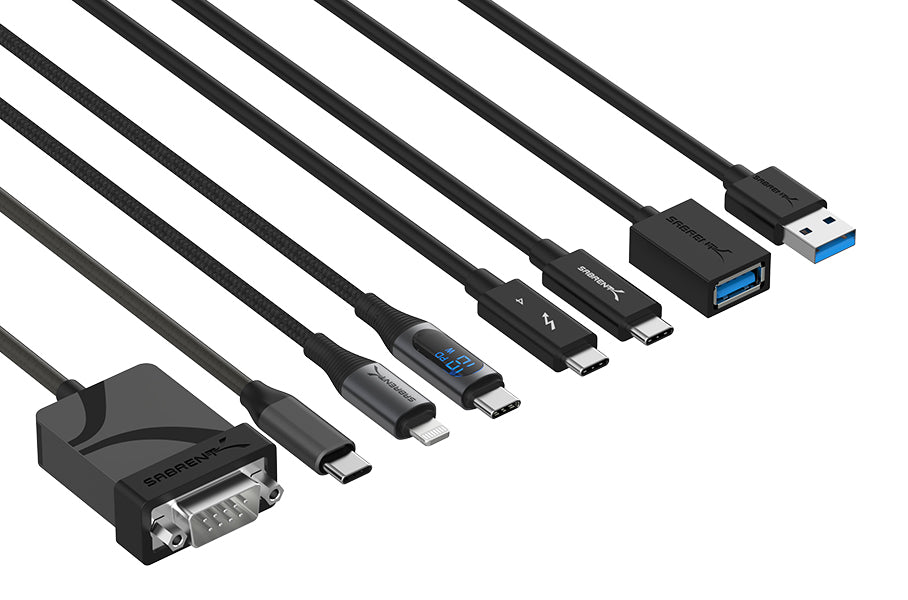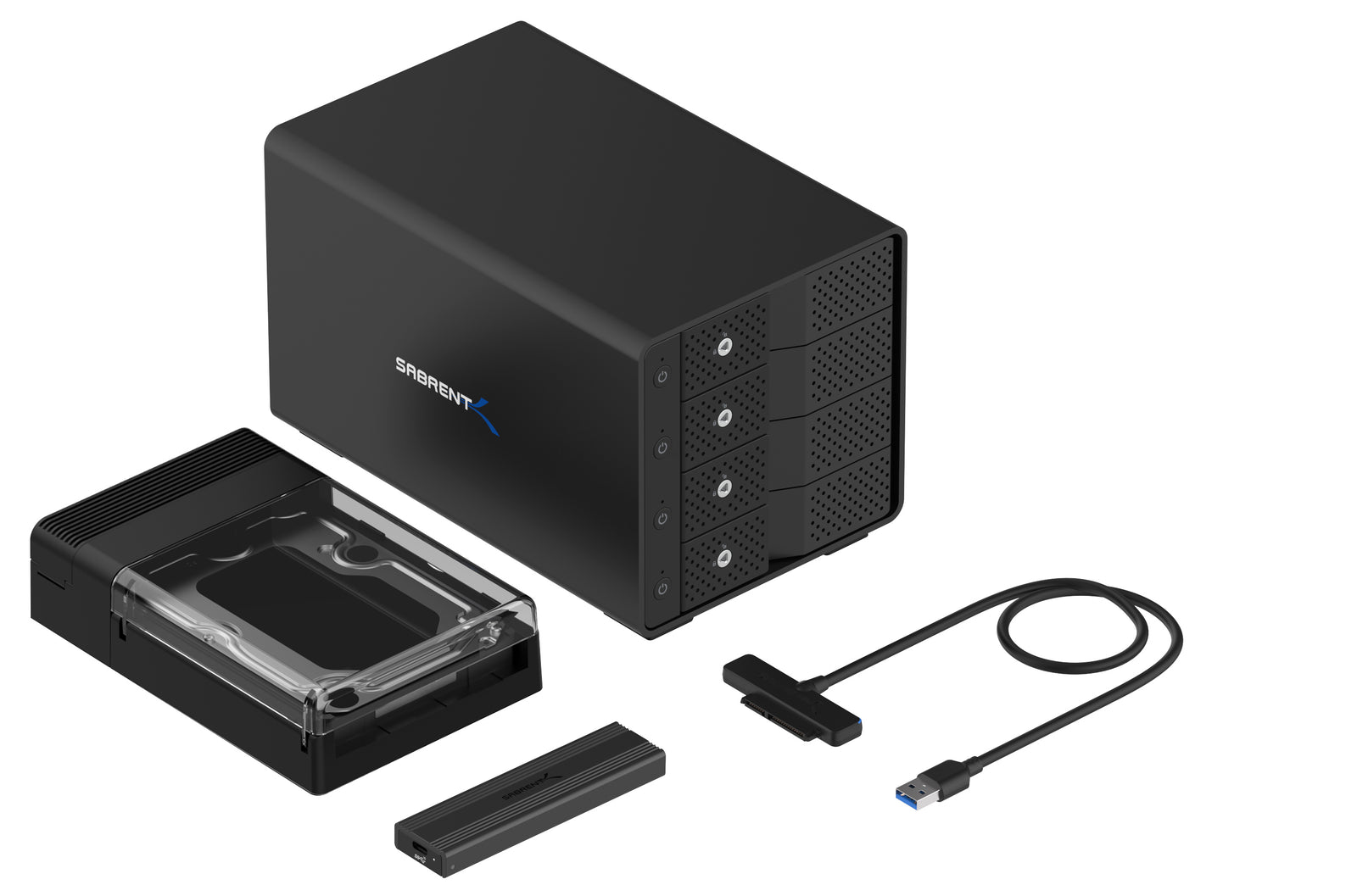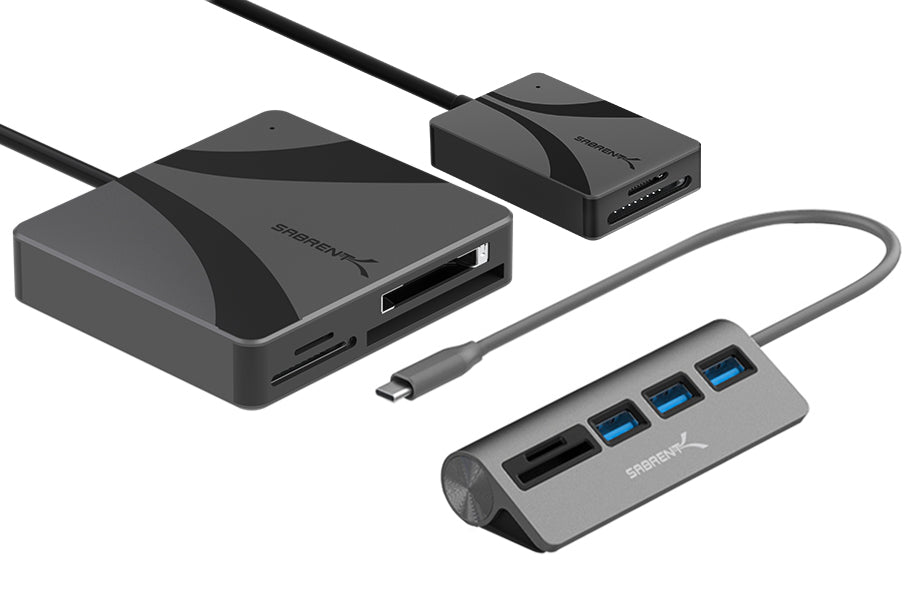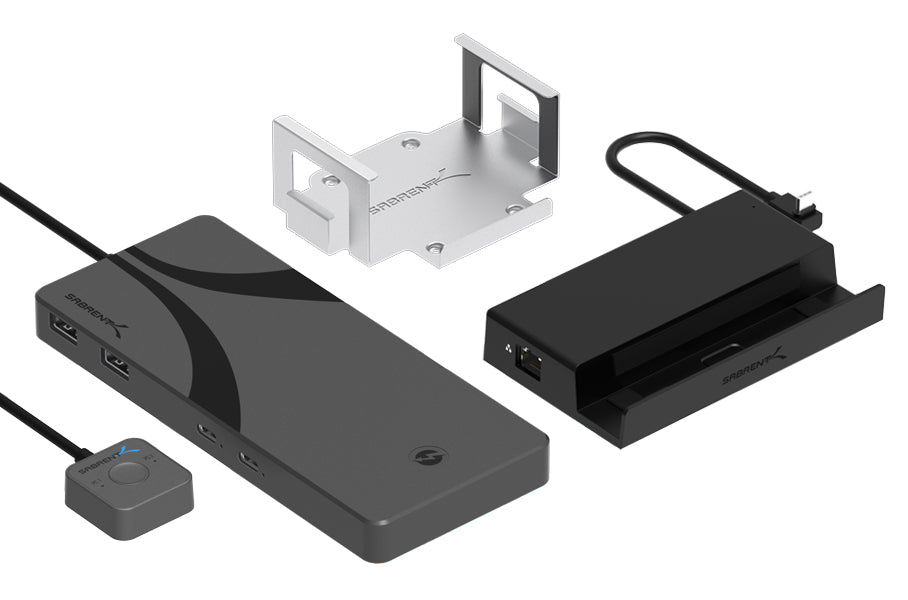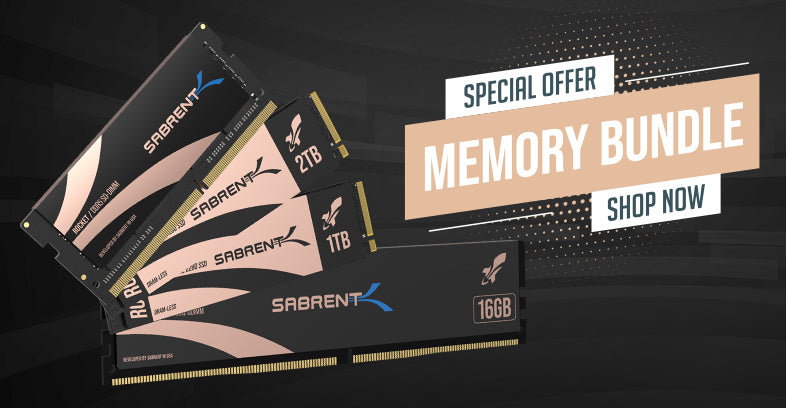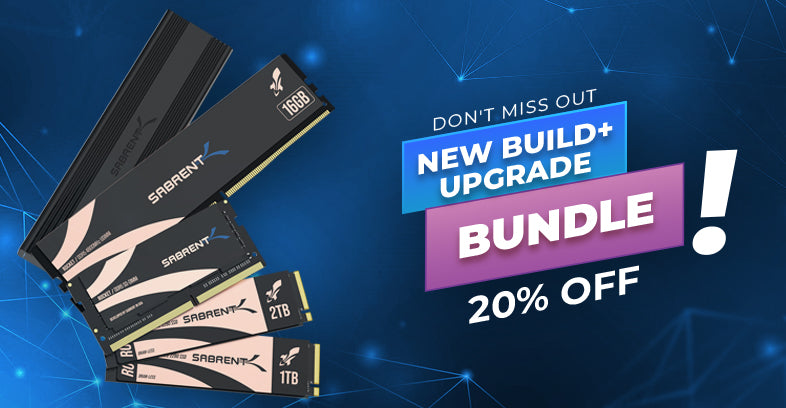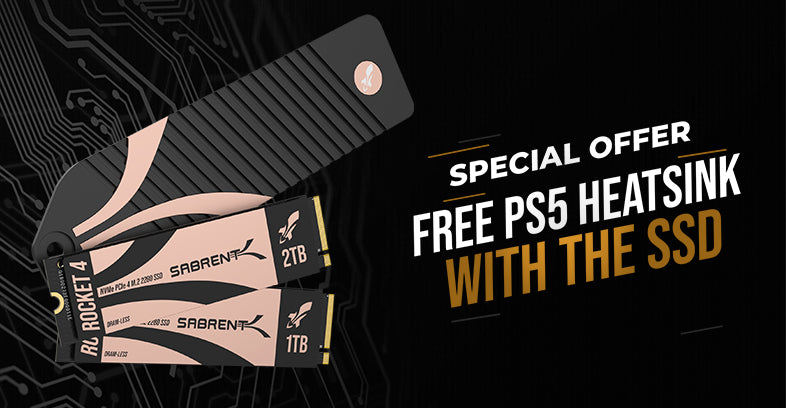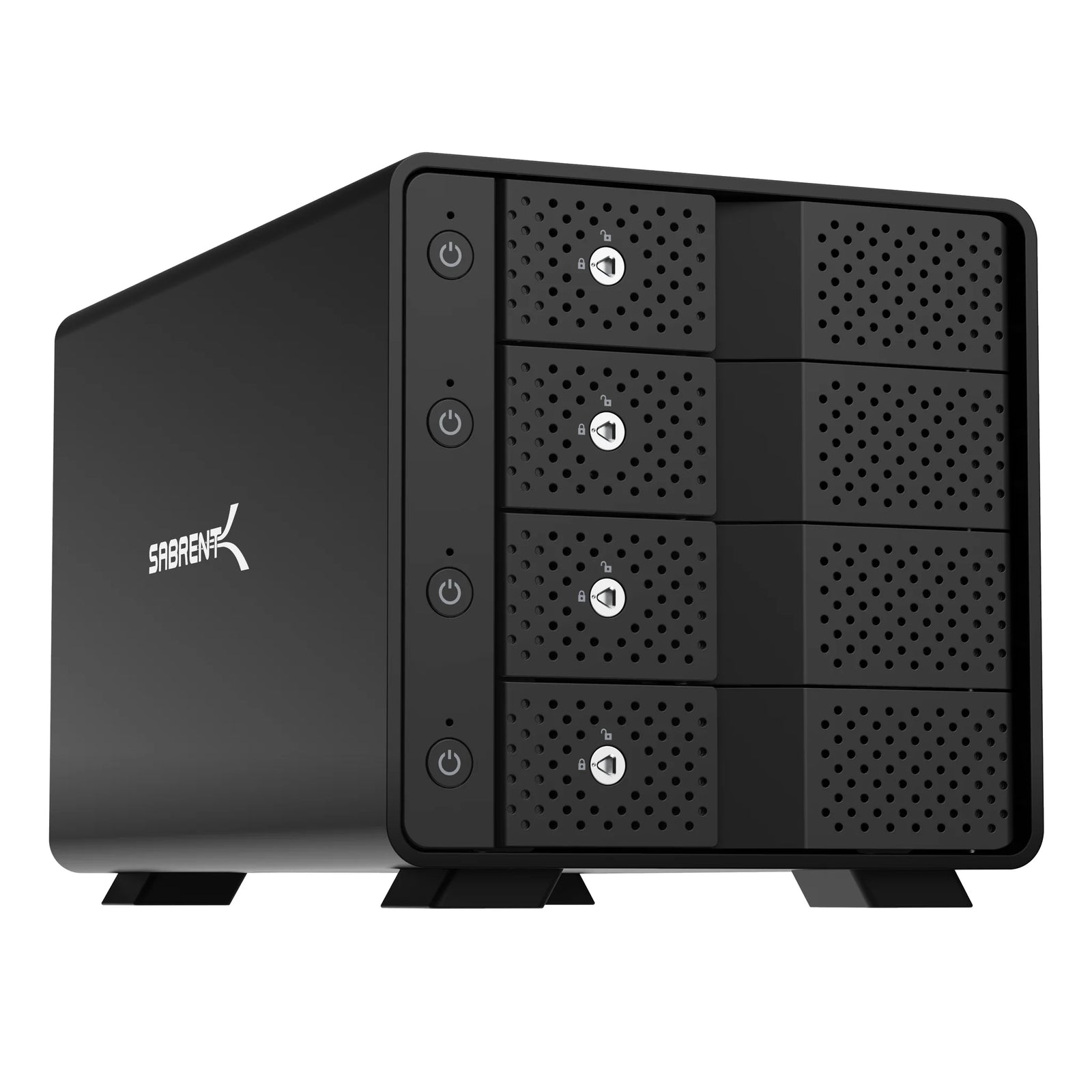If you’re a gamer, you’re probably already on a SSD. Load times are far better with a SSD over a HDD and the new consoles are future-ready with NVMe storage that can take advantage of compression and streaming. This technology is on its way to the PC, too, with Windows implementing the DirectStorage API. While the difference between a SATA and NVMe SSD in terms of load times has generally been small, the future will be different: not only do PCIe 4.0 NVMe SSDs have up to 13 times the maximum bandwidth of SATA SSDs, but DirectStorage is designed only to work with NVMe.
| SSD Tech | Seq Read | Seq Write | IOPS (R/W) |
| SATA (870 EVO) | 560 MBps | 530 MBps | Up to 98K |
| x4 PCIe 3.0 (Rocket) | 3,400 MBps | 3,000 MBps | Up to 650K |
| x4 PCIe 4.0 (Rocket 4 Plus) | 7,100 MBps | 6,800 MBps | Up to 1M |
This technology works by allowing the system to pull data straight from the SSD to the GPU’s VRAM. Compression helps achieve even more effective bandwidth through the use of the CPU’s or, better yet, the GPU’s processing power. While CPUs tend to be general-purpose, GPUs have a ton of cores that can operate in parallel to provide far more efficient horsepower for things like decompression. DirectStorage improves Windows storage performance in general, too, but the main idea is to make games and their assets load seamlessly by harnessing the advantages of flash.

DirectStorage Flow (Source: Microsoft Presentation)
We offer great gaming drives regardless of your platform. Our PCIe 4.0 drives all work in the PlayStation 5 and we even sell a PS5-specific heatsink, available alone or in bundles, to ensure there’s never any throttling. Our Rocket 4 Plus in particular is awe-inspiring and is available up to 8TB, more than enough space for all your games on the PC. All of our internal drives are NVMe-based so will support DirectStorage in the future. However, you can already take advantage of our fast drives to improve your load times and general experience in comparison to SATA SSDs and HDDs.
Check here for more information on the DirectStorage API. (Microsoft)
See our storage products here.

